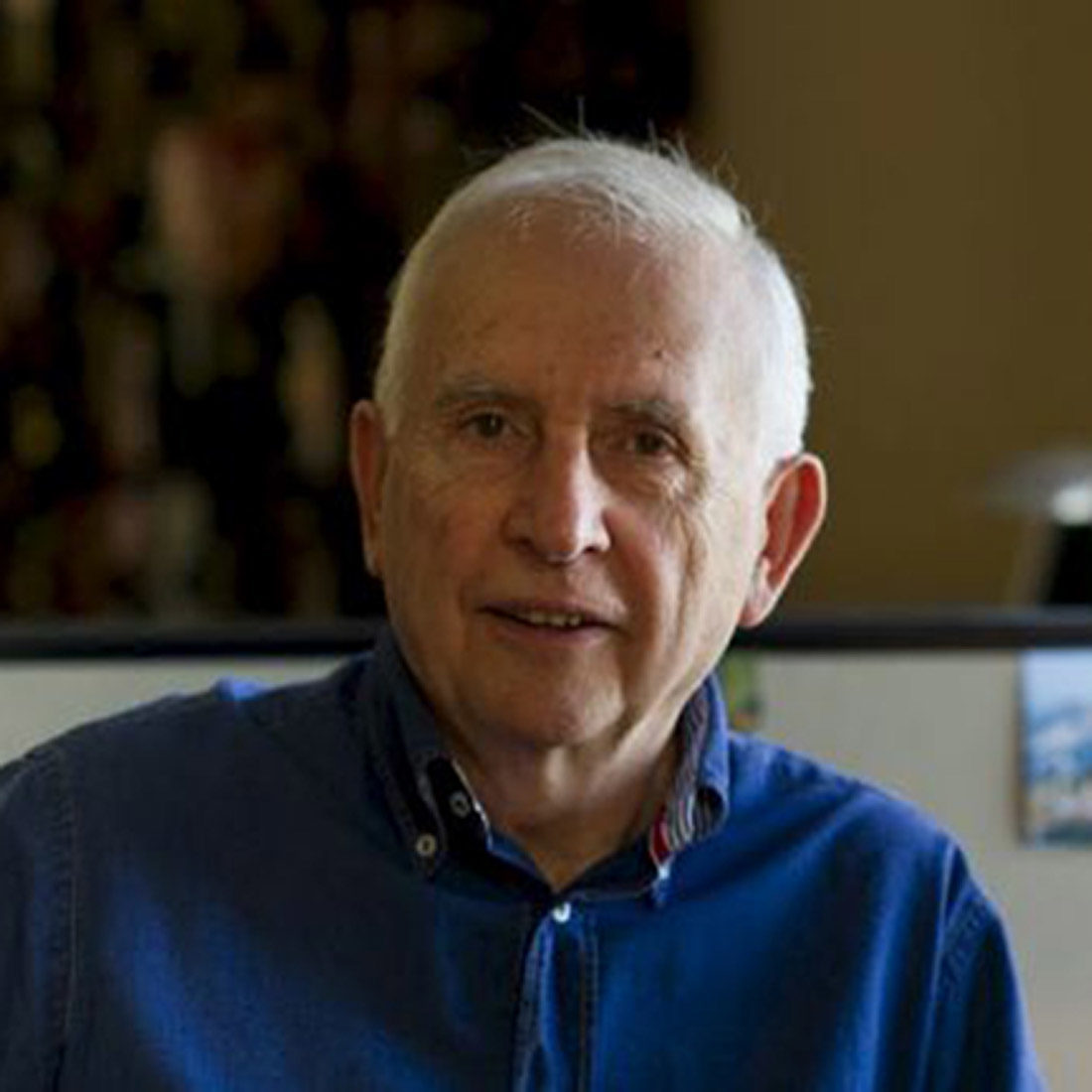Hugh Mackay
First, welcome back to the St Albans Writers’ Festival this year to speak about your latest book, Selling the Dream. There wasn’t a spare seat at your talk last year about Beyond Belief .
In addition to your many works of non-fiction, Selling the Dream is one of seven novels that you have written. The wonderful, late John Clarke suggested that you were the best person to write a satirical novel about the advertising business. Can you tell us a little about how the idea for this novel emerged?
Generally speaking, my fiction has been pretty comprehensively ignored by readers – sales of my novels are typically around 10 percent of my non-fiction sales. One day, when I was feeling discouraged about this, my publisher, the wonderful Ingrid Ohlsson at Macmillan, said “We think you have a satire in you”, and that was it. From the moment she said it, I felt excited about developing the mild satirical streak that had appeared in some of my earlier novels (especially the very first one, Little Lies). Within minutes, I had the setting (an advertising agency) the key characters and the outline of a plot. Which suggests that the idea had been lying dormant for a long time and just needed Ingrid’s wake-up call.
Did you draw upon earlier research projects in order to develop the characters and settings for this novel?
There’s no doubt that my life as a researcher – listening and observing over a 60-year career – informs everything I write. I can’t escape from what I’ve seen and heard over all those years. For eight of those years, very early in my career, I ran a research company that was owned by and ad agency and housed in the same building, so I had a lot of first-hand experience to draw on. Also, my father was an advertising copywriter, so I was steeped in that business from an early age. One of the central characters in the book, Otis, is a researcher: there’s fair bit of me in Otis, and a fair bit of research, as well, though it’s all blown up to satirical proportions.
Selling the Dream is very funny but at the same time the reader fears that what you describe is not far from reality. Apart from writing a novel which is an engaging read did you seek to expose particular aspects of this industry?
That’s true only in a limited way. I did want to expose some of the absurdity of grown men and women becoming obsessed about, and bending their considerable cognitive and creative talents to, the marketing of trivial products. But, like all satire, the target is all of us: it’s ultimately a book about the darker side of the human condition – power, ambition, lust, and a capacity to worry endlessly about things that don’t really matter much. Otis has developed a “Law of Inverse Significance” – the more trivial the product, the more sophisticated the marketing effort – that really applies to most of us. If satire is going to work, it has to work on two levels: while it mocks some contemporary target, it must also expose the eternal human frailties. I Hope Selling the Dream does both things. Which makes it sound very earnest – in fact, it was huge fun to write and, I hope, to read as well.
The players in this world of subterfuge are often egoists, temporary, expendable and even vulnerable in blinkered support of commerce. How close is this parody to reality?
I think that’s pretty true. I once heard Jane Caro say, regarding her own experience of working in advertising: “Did you watch Mad Men? It was a [TV] documentary.” There’s some truth in that – especially for women who worked in that industry in the bad old days, but the enslavement to commerce is no different from anyone working in a business that has to make a profit – from publishing to retailing to Uber. Advertising people are no different: it’s just that their work is so highly visible and so explicitly intended to serve the business of consumer mass marketing, which is the ever-attentive handmaid of capitalism.
What are you working on at the moment? What do we have to look forward to?
My next book, out next May, is an ambitious work of social analysis – reflecting on the state of contemporary Australian society and offering some modest proposals for ways we might do better.
Thank you, Hugh, for agreeing to speak once again at the St Albans Writers’ Festival.


